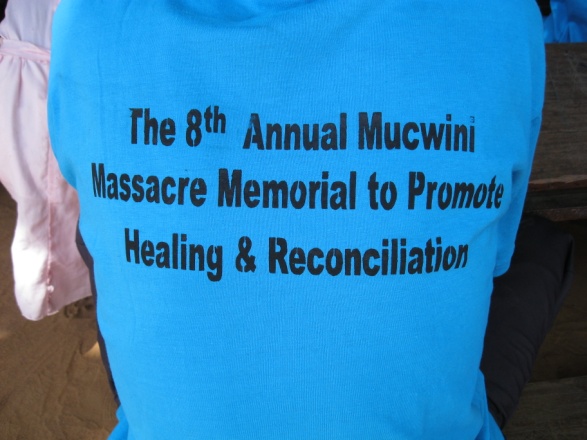
In the early morning hours of 24 July 2002, our villages awoke to the bloodied corpses of 56 innocentmen, women and children. The massacre was a deliberate and ruthless act of retaliation by the Lord’s Resistance Army (LRA) after they claimed that one of our own members who had been abducted escaped with their gun. In cold blood, the rebels rounded up our community and randomly selected some of our friends and family members to be murdered by axes, hand hoes, machetes and logs. Some women among us were painfully forced to participate in clubbing to death their own children.
Eight years later, the person or persons responsible for the Mucwini massacre remains controversial, unresolved and unacknowledged. The massacre divided us and further fuelled longstanding conflict between the Pubec and Pajong over a piece of land where both parties claim ownership. As a result, the relatives of the alleged perpetuator still live in the camp, as they have been denied access to the said land. While the mediation team headed by the Rtd. Bishop McLeord Baker Ochola has tried to forge some kind of reconciliation among the alleged parties to this tension, most of us feel left out in the process as few families are being included. The families of the 56 people who died still live with immense trauma; psychosocial and physical difficulties; biting poverty; the burden of meeting the educational and basic needs of numerous orphans; and a generation of elderly who have no one to care for them, yet some have the responsibility to take care of orphans.
To access the statement, click here.
